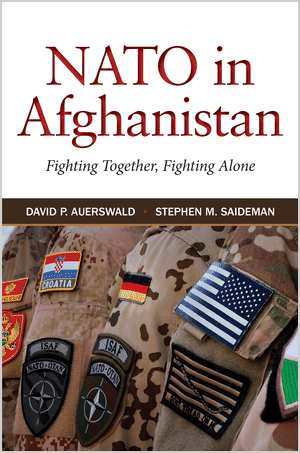Studying active conflict zones in the 21st century is uniquely difficult. New forms of war and non-state armed actors blur the lines of the battlefield, and Westerners are increasingly targeted.
We have spent years researching the politics of warlords, rebels and foreign interventions in Afghanistan, Somalia and the Turkey-Syria borderland. These places have become increasingly perilous countries in which to work. But they remain of great concern for Western policymakers. Continue reading

